Why the Narcissistic Parent Calls You Disrespectful and What is Really Transpiring
Within narcissistic family units lies some of the most hidden and covert forms of narcissism held under the titles of respect for elders, conformity to tradition and acceptance under cultural norms.
If you were born or raised from within a narcissistic family unit, you may have tried to execute your voice of reason, feedback or sharing a viewpoint that is contrary to accepted standards, and when you did, you may have been called, disrespectful.
In this article we are going to discuss (1) why the narcissist uses the word disrespect to shut down conversations and (2) decode what is really happening (3) why open sharing is such a detriment to a narcissist, (4) what they are trying to protect (5) Discuss options for the party that is called ‘disrespectful.’
Table of Contents
Watch the Video
Listen to the Podcast Episode
Your Intentions are Respectful
Now, your intention in sharing is anything but disrespectful – it’s even delivered in the right tone, and, in fact to you, it’s respectful to share and be open with one another and especially within a family; however, what occurs is often the complete opposite of what should happen.
You may have been told to ‘respect your elders’, ‘respect the family’, or ‘no one here speaks like that’, or may have been threatened with loss of family support, love or even monetary backing, should you continue to try to gain traction.
The Dictionary Definition of Respect
While most of us are familiar with the dictionary definition of respect, the synonyms in this instance carry the same amount of weight. The thesaurus states respect is to comply with, to heed, regard, adhere to, revere and uphold, amongst others such as to show consideration, courtesy, and even appreciation and value.
When the term respect, or disrespect is used within a narcissistic structure (family or relationship), it has a separate meaning and connotation, which we are going to explore.
The Term Disrespect is Meant to Silence You
Within certain narcissistic structures, calling someone disrespectful is one of the fastest ways to shut down a conversation.
Why?
You see, respect has a certain connotation as we see from above. No one wants to appear to be disrespectful, and if you have been raised within this type of unit, you may be quick to be silenced, or you may choose yourself to hold back and not speak for fear of appearing in this fashion. You may even begin to question your delivery, or your tone or even your motive and this is where self-doubt can begin to flourish.
When a narcissist uses the term disrespect, it is one of the fastest ways to silence you.
Why the narcissist wants to silence you
Open sharing and honest feedback within a narcissistic structure is viewed unfavorably. The following contains several reasons why they do not want you to share, some of these are deep and may be hard to hear; please brace yourself:
- The narcissist doesn’t want to hear your viewpoint, your story, your opinions, and the like
- They want to silence your thoughts and beliefs if it is going to challenge the way they have been operating
- It’s to stop you from thinking critically and then providing “critical’ feedback
- It’s to prevent you from sharing further inside the structure or even outside with other parties
- It’s to teach (condition) you that if the family unit doesn’t accept honesty (or provide an environment to do so), society doesn’t either, so sharing your opinions is futile and they want to squash it right from the onset
- It’s viewed as a threat – information could leak out if you were to continue to be honest and discover there is an injustice occurring
- They must silence any perceived notion of an injustice
- They are after your compliance, not your freedom of speech
- They are not willing participants of your desire to connect within a family structure
- They don’t want you to question authority, but to be a cog in the wheel happily obliging to their mission and the narcissist is happy when you do so, whether willingly or not
Are you the Family Scapegoat?
A similar occurrence occurs with the scapegoat. When the scapegoat is overlooked, criticized, and treated as less than others over and over again by not only caretakers, they can begin to internalize how others treat them over and over again. They can take on self-sabotaging behaviors and may suffer from poor or improper self-esteem. Learn about the dynamics between the Scapegoat and the Golden child, why he relationship is strained, what the Scapegoat can do, why the scapegoat is disrespected (and worse), and even ostracized.
The Narcissist Needs to Keep the Status Quo
Within a narcissistic structure, there are unwritten policies and procedures and a discreet method of operating. What is uncanny is there are many websites popping up and many psychologists, and psychotherapists are writing and talking about narcissism more today than in years past (this is great!). Those who expose are in essence, surfacing the unwritten manual with all the congruencies.
So, the narcissist, has to keep the status quo, they have to keep the method to which they have been operating for years and decades. It has been working for them.
Change is not viewed favorably. Change is viewed as a threat. What is favored within a narcissistic structure is compliance to the unwritten policy and procedure manual. Honesty and open sharing is shunned – as the narcissist must keep the narrative. They must keep from exposure to the outside world. They do not want their policy and procedure manual to be written so others can see the trap of narcissism.
Note: You may be called disrespectful by not only the narcissistic parent, but also by the flying monkeys and/or the enabling parent. These other parties also want to keep the narrative and silence you, too. It can come from anyone that is not at a point to speak about what has been occurring. And, this also means, they know an injustice is occurring.
What if I am the Party called disrespectful?
If you are the party that has been called disrespectful within a narcissistic family unit, there are some choices that lie ahead that you will have to decide how you wish to handle.
- Should you choose to remain, your compliance to the mission is the only acceptable method of behavior. Should you continue to try to work things out within the structure you will be faced with other tactics, but what is important to note, is the tactics are not only deceptive in nature, but there are damaging psychological implications from being under narcissism, which escalate.
- Should you choose to go no contact, the escape out from the family will not only be challenging (it can be done), but there is much to consider in the process. A plan is needed, and a back up plan along with support staff. Enlist a therapist or counselor to assist during this time. It’s also important to factor into the equation: knowledge of smear campaigns and flying monkeys, possible loss of monetary family support to include loss of family inheritance (we will talk about this more), as well as a process to grieve the loss. Leaving a family unit may even upset the cultural norms and accepted method of behaving within society, so there is much to consider and evaluate. And while this process can appear to be overwhelming, the process is to take it slowly, one day at a time and move forward when ready. There is no rush, but it may start the biggest rebuilding effort of your life.
- The option to stay and go grey rock. Grey rock is term which eliminates open sharing about anything important in your life. It’s to respond to any questions with a dry answer that has no information in it to use against you. It can be a short one-word response, but what occurs is a disconnect emotionally from the narcissist if you have to survive in the same household or family unit for a time.
Summary
When a narcissistic family member(s) uses the term disrespect toward you, they are attempting to change your behavior and to change it fast. While your intentions are well-meaning, the narcissist has many things to which they are safeguarding, and the last thing they want is to discuss it in an open and sharing environment.
There is a strong connection for the tactics to remain hidden so as to not be exposed, so the narrative is kept and that things are swept under the rug. The narcissist will call you disrespectful in an attempt to silence you, not to question their authority and for you to remain as you are, performing in compliance to their secret mission.
Have you been called disrespectful within a narcissistic family unit? Have you felt silenced? Drop a comment below.
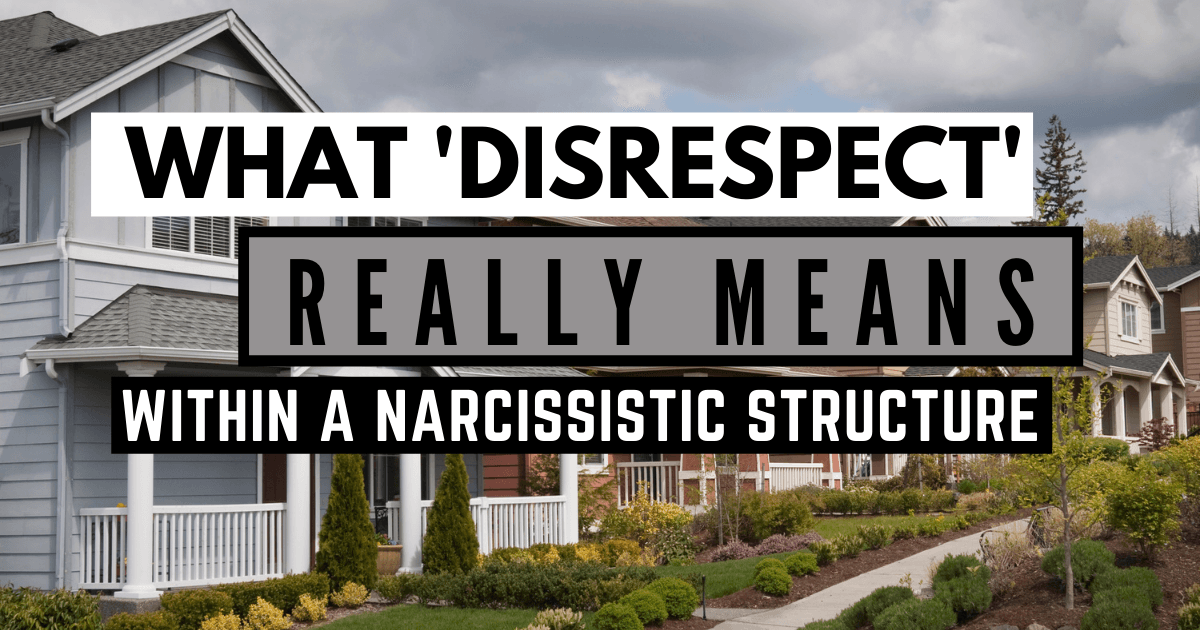
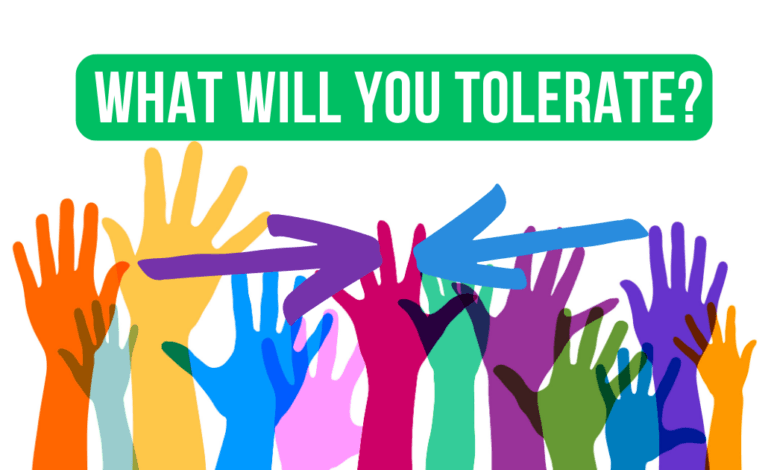
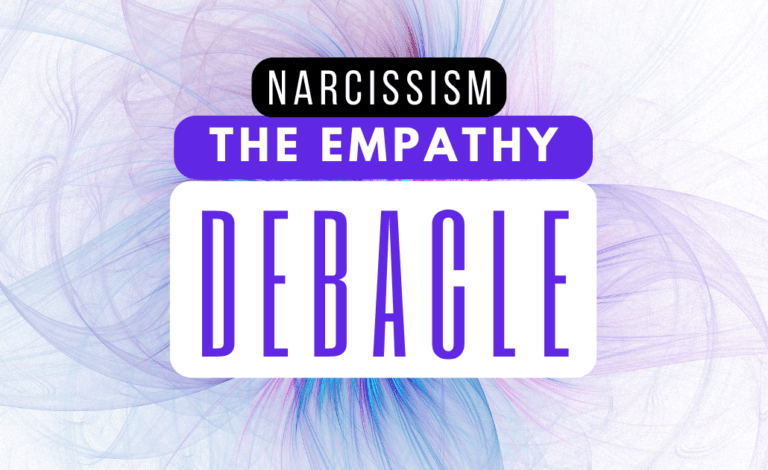

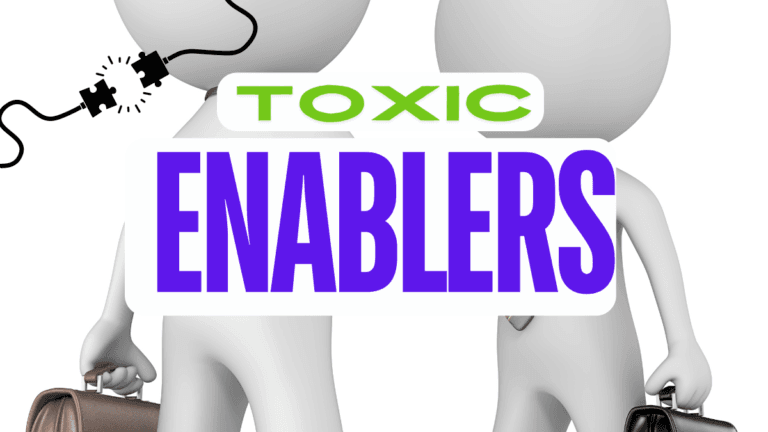
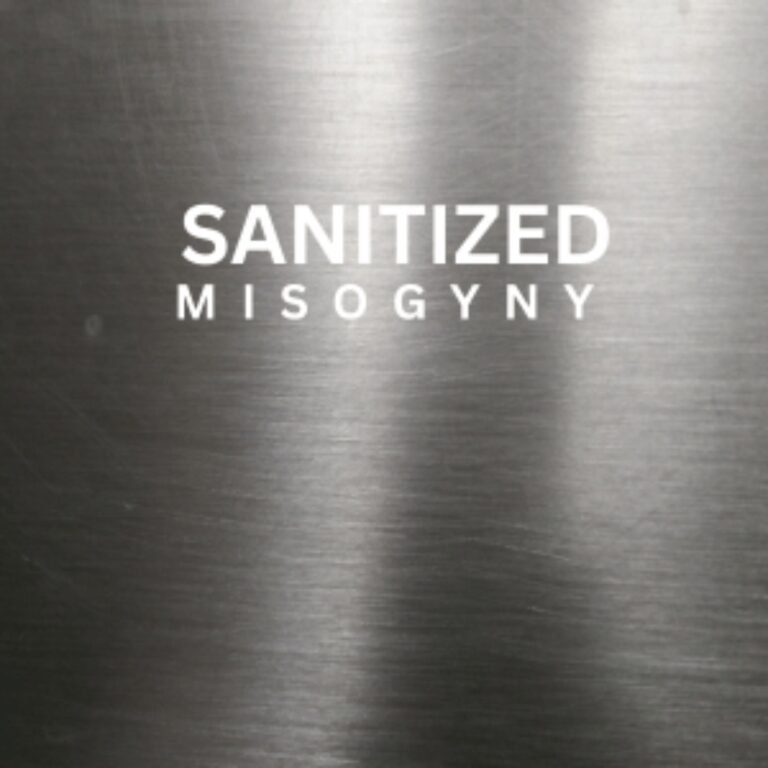
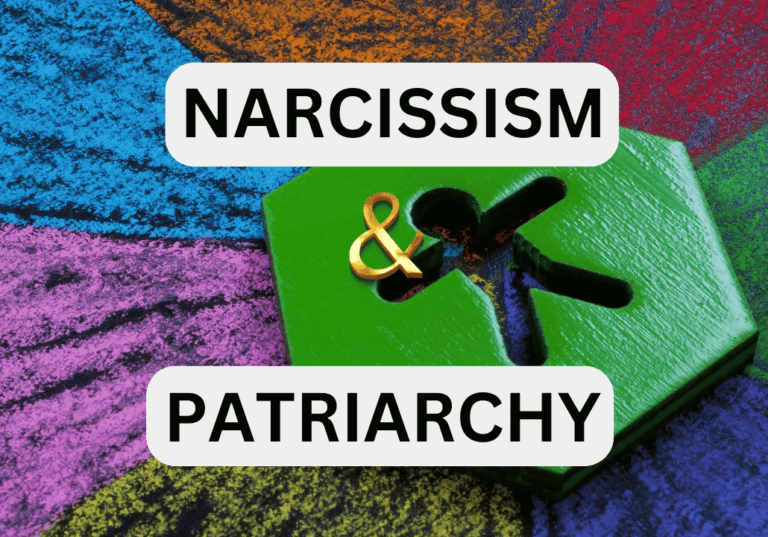
My mother just called me disrespectful and she said she will not allow me to talk like that to her anymore. We got in an argument over politics and she is a secret Trump supporter and we were talking about Clarence Thomas and affirmative action. I always try to be polite she’ll state her opinion then when I try to talk she’ll bring up something different, then she’ll criticize me and then she’ll just talk over me. I never win with her and I always end up crying. I don’t have anybody else.